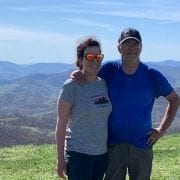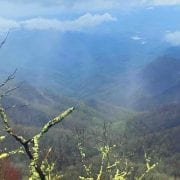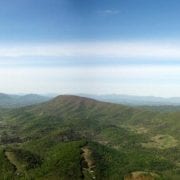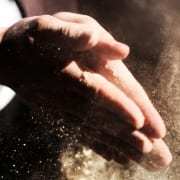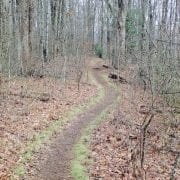“For the gate is narrow and the road is hard that leads to life and there are few who find it.”
– Matthew [7:14] (NRSV)
TAKING THE NARROW ROAD
In business and in life, it’s the little things that make a difference. Many of us in business do what we think we should do or are asked. For some reason it doesn’t work out as well as we hoped. Inevitably it takes longer and there are a few more things to do. It is in this spot where we have to decide between quality and quantity. Do we finish our task because time is telling us to move on or do we dig deeper to resolve those nagging feelings? This spot reminds me of a quote by Orson Welles who said, “The enemy of art is time.” It is here that we have to decide if we are to move on or eliminate obstacles like time. Great art or great business decisions require quality not quantity. How often do we say, “I can’t do any more” and move on? It is this decision that separates greatness from just being good.
The founders of Airbnb were struggling, they were running out of money and homestays were not coming as they had planned. Everything had been thought out. The website was built and the homeowners discovered. A few customers had caught on, but gaining traction at the rate they had hoped wasn’t occurring. It was here that the founders stepped back to figure out why. They decided to step back and talk to many customers and homeowners to identify how they could get better. They stayed in people’s homes and interviewed customers. The founders manned the helped desk to find out more. What they discovered was that a traveler wants more than just a place to stay. They wanted to experience the city where they were staying. In turn the founders expanded their efforts to create a five-star experience in every stay. They made their site easier, became more accommodating to the home owner and began suggesting places to visit when you arrived at your destination. As we all know the Airbnb business took off. They tried one more thing, they dug deeper into the customer’s needs and discovered another level. They didn’t quit – they stepped back.
“Through just a little more effort we unlock the solutions to our faith and business lives.”
Jesus implores us both in our faith and business lives to work harder, to take the narrow road. Jesus points to a path that is harder than what we want to do. Like a good coach, Jesus is telling us try just a few more things. Pressing on we discover around a turn a deeper level of understanding. Through just a little more effort we unlock the solutions to our faith and business lives. Instead of just being busy, we become successful. Jesus asks us to dig a little deeper and we find a life we desire.
“Jesus suggests we avoid becoming slaves to our to do lists and focus on what counts and worry about quality.”
For many of us, we are pressed for time. Our to do list piles up if we tarry too long on a project. We are besieged by an endless list of tasks. Jesus suggests we avoid becoming slaves to our to do lists and focus on what counts and worry about quality. Jesus wants us to trade off the trivial for the important, to avoid distractions and not stop until we find the answer that settles our souls. Many times, it is around a corner that looks steep and hard. But when we take the time and find it, life becomes revealed and we are for the moment contented. We no longer feel defeated or harried. We have climbed a long hill. To rephrase Orson Welles quote, “The great enemy of art is time.”
Blessings, until next time,
Bruce L. Hartman



